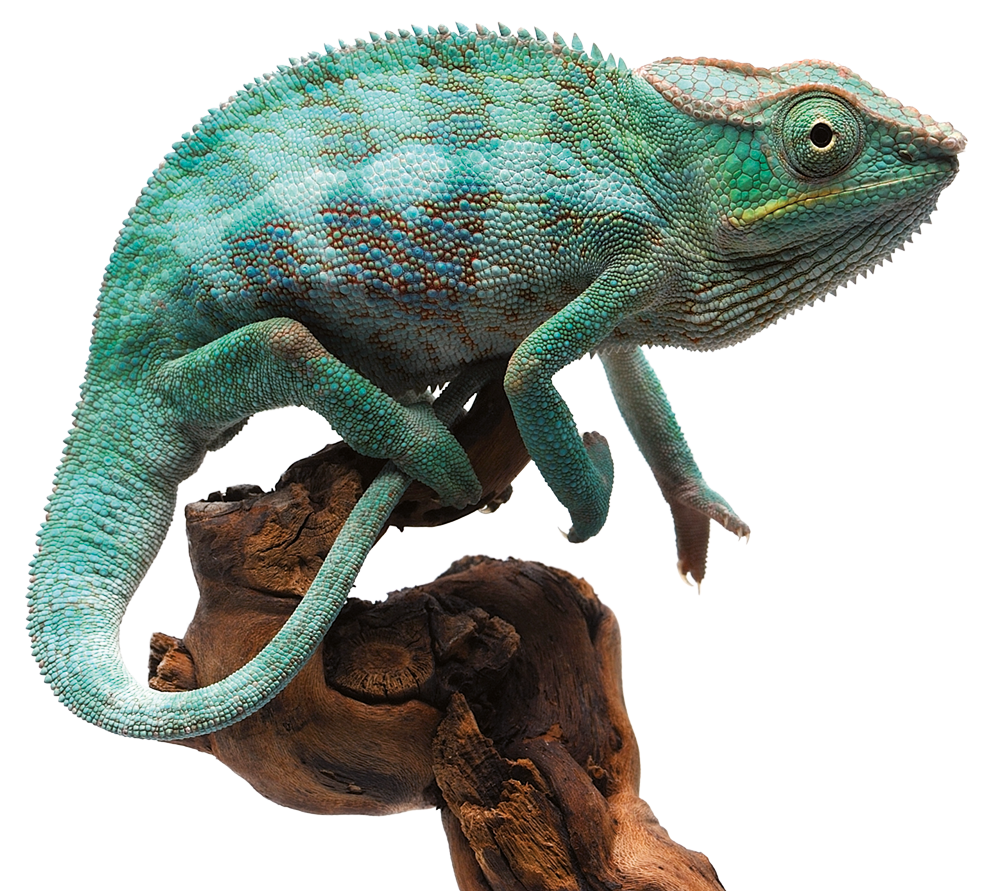
Chinchillas can have problems if they receive high levels of glucose in food or water for long periods, because like degu they have a diabetes-prone physiology - their insulin control system is not as sensitive as ours! If you find that your animal has long term gut issues and needs probiotics for months at a time then please contact us to review it or contact your vet for advice.
Degus have commonly a cataract, as it happens it isn't a diabetic cataract its an inherited one in a young animal.
Although all carbohydrate is processed in the body through glucose, these animals don't handle glucose peaks well. If they have a high glucose diet for a prolonged period they can develop cataracts (there are other causes for these as well).
There is an obvious dilemma, short periods of treatment with glucose containing products is no problem. But, if treatment needs to be prolonged there is a risk of causing cataracts or diabetes.
ProC is fine for chinchillas. It contains prebiotic soluble fibre, probiotics, vitamin C and glucose. The vitamin C is there to compensate for the vitamin C which is always lost by stressed/sick animals. ProC isn't intended as a vitamin supplement as such, it is a pre/probiotic.
Our ProC products are fine for degu and chinchilla as short term treatments (and indeed every other species) but in these animals we recommend that if you need to use them for prolonged periods because of special reasons that you review the diet and reduce even further any other natural sources of raw glucose.
Some owners use dipsticks to test urine for glucose. That's fine but it simply means there is glucose in the urine, it doesn't automatically mean that the animal is diabetic - but long term glucose in the urine is a sign that either the diet is abnormal and may cause diabetes, or indeed that the animal already has it.
US keepers of chins are very enthusiastic about giving lots of vitamin C to chins because vitamin C is involved in developing healthy connective tissue and deficient animals can develop dental abnormalities. They correctly point out that chins simply can't get too much vitamin C as it is simply excreted in the urine.
We and selected third parties use cookies or similar technologies for technical purposes and, with your consent,
also for other purposes as specified in the .
If you close this banner with a tick or click on "Decline", only technical cookies will be used. If you want to select the
cookies to be installed, click on 'Customise'. If you prefer, you can consent to the use of all cookies, including
cookies other than technical cookies, by clicking on "Accept all". You can change your choice at any time.